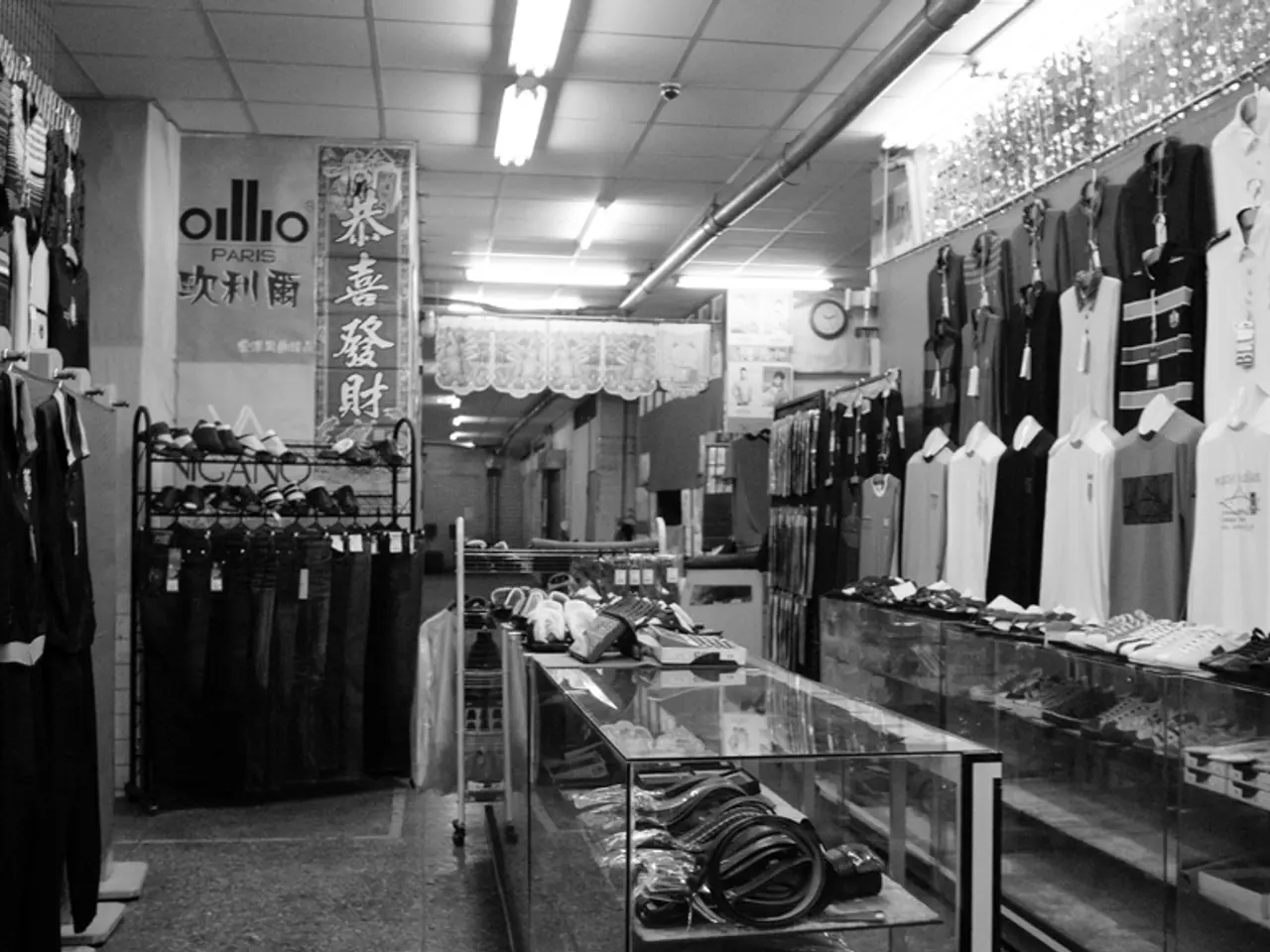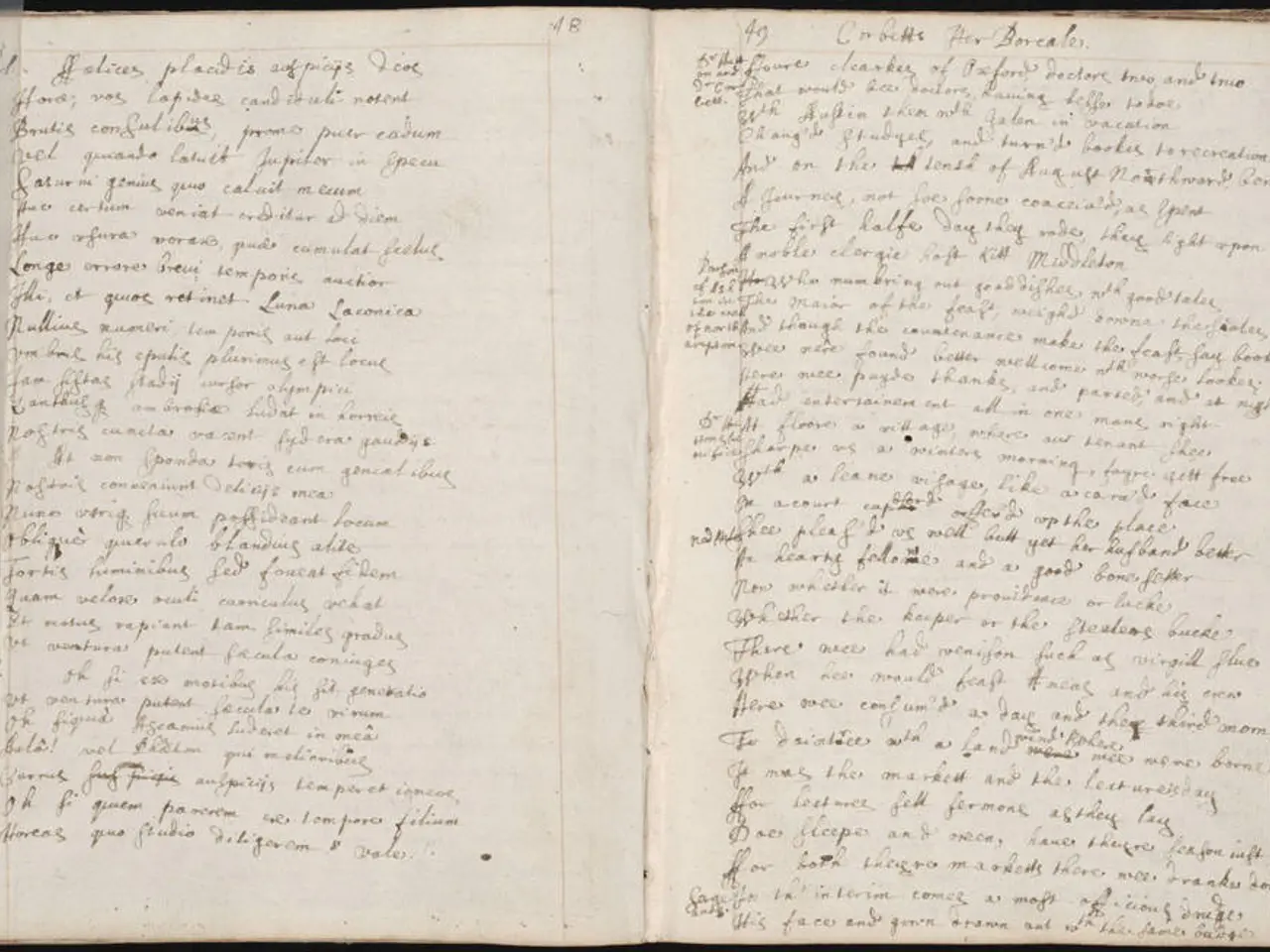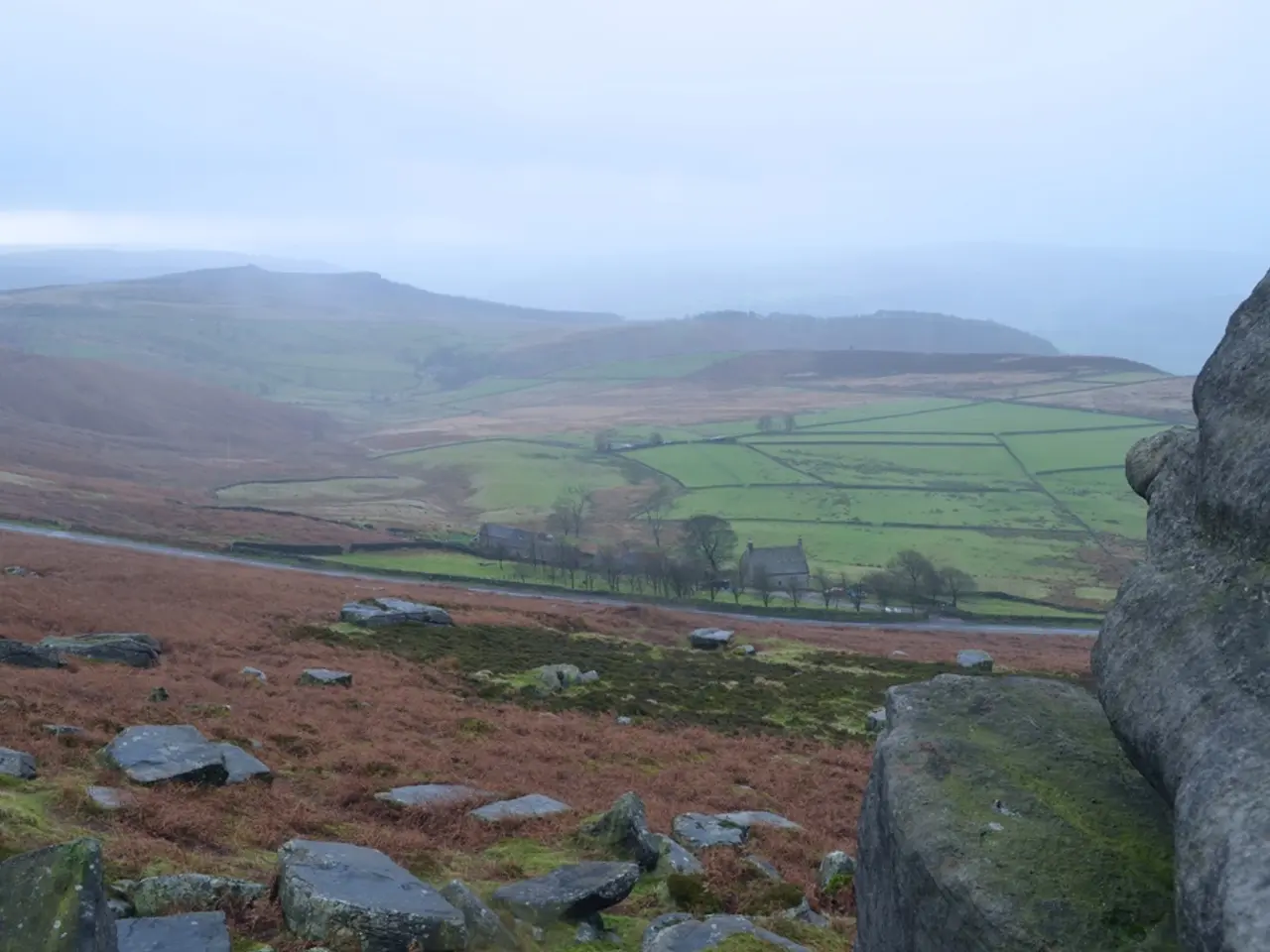Fashion blend with custom: Explaining the controversy surrounding Adidas' latest sandal design in Mexico - Cultural blend stirs controversy: Adidas' novel sandals sparking controversy in Mexico
In a recent development, Mexican President Claudia Sheinbaum announced that sportswear giant Adidas is currently in talks with authorities in the southern state of Oaxaca to provide compensation, following accusations of cultural appropriation and plagiarism of traditional Zapotec huarache sandal designs.
The controversy surrounds Adidas's new sneaker-sandal, dubbed the "Oaxaca Slip-On," designed by Willy Chavarria for Adidas Originals. The design incorporates elements that belong to the cultural heritage of the Zapotec indigenous communities in Oaxaca, particularly from the city of Villa Hidalgo Yalalag. The design features thin leather straps woven in a style reminiscent of traditional Mexican Huaraches, but with bulkier sports shoe soles.
Mexican authorities have accused Adidas of appropriating the distinctive braided leather straps linked to Indigenous artisans from Villa Hidalgo de Yalalag, Oaxaca, and commercializing them without proper consent or acknowledgement. This has sparked calls to withdraw the shoe and revise cultural appropriation safeguards in Mexican intellectual property law.
The Governor of Oaxaca, Salomón Jara Cruz, publicly rejected Adidas’s claim of ‘creative inspiration,’ emphasizing that cultural expressions "provide identity to communities" and cannot simply be commercialized. Mexican President Claudia Sheinbaum confirmed that Adidas entered negotiations to compensate the Indigenous artisans affected and announced plans for legislative reforms to strengthen the legal protection of Mexican handicrafts and Indigenous cultural heritage.
This case follows similar prior conflicts where Mexico confronted international fashion brands for unauthorized use of Indigenous designs, signaling a broader governmental push for stricter legal protections while encouraging fair collaboration between artists and global companies.
Adidas and designer Willy Chavarría, who is Mexican-American, have both expressed regret that the shoe was developed without meaningful partnership with the Oaxacan community. However, Adidas has not yet issued a formal response to the accusations of cultural appropriation.
The controversy has highlighted the importance of cultural sensitivity and respect in the design and marketing of products. Artisanal crafts are a vital economic livelihood in Mexico, employing around half a million people nationwide and contributing about 10% of the GDP in states like Oaxaca, Jalisco, Michoacán, and Guerrero. The Mexican government is preparing legislative reforms to prevent the copying of Mexican artisanal crafts.
The Adidas "Oaxaca Slip-On" has not only sparked controversy but also raised questions about the appropriation of indigenous cultures for commercial gain. Mexican authorities have demanded a public apology from Adidas, labeling the design as "cultural appropriation" that may violate Mexican law. The case serves as a reminder for companies to approach cultural symbols with care and respect.
- On Instagram, numerous top news headlines and general-news posts are discussing the ongoing controversy surrounding Adidas's "Oaxaca Slip-On" sneaker-sandal, designed by Willy Chavarria, which has been accused of cultural appropriation by Mexican authorities.
- The design, which features elements reminiscent of traditional Zapotec huarache sandals from Villa Hidalgo Yalalag, Oaxaca, has sparked public anger and calls for the shoe's withdrawal, as Adidas allegedly commercialized cultural expressions without proper consent or acknowledgement.
- In the realm of social-media and pop-culture, the controversy has ignited discussions about cultural sensitivity, respect, and fair collaboration between artists and global companies, especially in light of Mexico's longstanding attempts to protect its Indigenous cultural heritage and handicrafts from unauthorized use.








